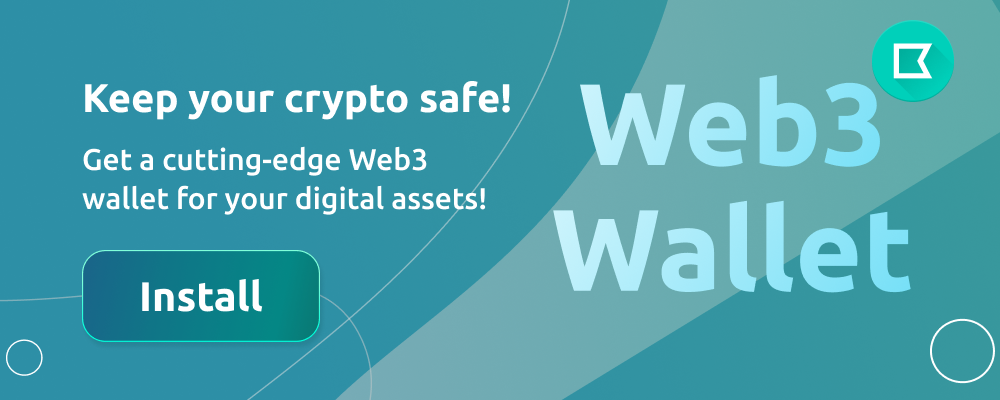

Sugi Recensione
Sugi is a hardware wallet designed to provide secure storage for cryptocurrencies. It is a compact and easy-to-use device that allows users to store their private keys and securely manage their cryptocurrency holdings. Sugi offers a range of features and benefits that make it an appealing option for users who are looking for a secure and convenient way to manage their cryptocurrency holdings. In this review, we will explore the various features of Sugi and evaluate its potential for growth and success.
Background and History:
Sugi was founded in 2018 by a team of cryptocurrency enthusiasts who wanted to create a hardware wallet that would provide the highest level of security for users' private keys. The Sugi wallet is built on the Ethereum blockchain and uses a secure element chip to store private keys.
Sugi is headquartered in France and has a team of experienced developers and designers. The company has raised funding from prominent investors such as Kima Ventures and Bpifrance.
Features and Benefits:
Sugi offers a number of unique features and benefits that differentiate it from other hardware wallets. One of the key benefits of Sugi is its compact size. The wallet is small and easy to carry, making it convenient for users who are on the go. The wallet can be attached to a keychain, making it easy to keep with you at all times.
Another benefit of Sugi is its user-friendly interface. The wallet is designed to be easy to use, even for novice cryptocurrency users. The interface is intuitive and provides users with all the necessary information to manage their cryptocurrency holdings.
Sugi also offers strong security features. The wallet uses a secure element chip to store private keys, which provides an extra layer of security against hacking attempts. The wallet also supports two-factor authentication (2FA) to add an extra layer of security to user accounts.
Sugi also supports a wide range of cryptocurrencies, including Bitcoin, Ethereum, and ERC-20 tokens. This allows users to manage their holdings in a single wallet, making it convenient and easy to use.
Security and Transparency:
One of the key benefits of hardware wallets like Sugi is their security and transparency. Sugi uses a secure element chip to store private keys, which provides a high level of security against hacking attempts. The wallet also supports two-factor authentication (2FA) to add an extra layer of security to user accounts.
Sugi is also transparent about its security features. The company provides detailed information about the security measures used in the wallet, including the use of a secure element chip and two-factor authentication. Sugi also undergoes regular security audits to ensure that its security measures are up to date and effective.
Potential Risks and Limitations:
While Sugi offers a number of unique features and benefits, there are also potential risks and limitations to consider. One of the key risks of hardware wallets like Sugi is the potential for loss or damage. If a user loses their Sugi wallet or it is damaged, they could lose access to their private keys and their cryptocurrency holdings.
Another potential limitation of Sugi is its reliance on the Ethereum blockchain. While Ethereum is a widely used and secure blockchain platform, it is not without its limitations. As the number of users on the Ethereum network increases, it can become congested, which can slow down transaction times and increase transaction fees.
Finally, Sugi may face regulatory challenges in certain jurisdictions. The platform's use of a hardware wallet to store private keys may not be recognized or allowed in certain countries, which could limit its potential user base.
Conclusion:
Overall, Sugi is a promising hardware wallet that offers a number of unique features and benefits. Its compact size, user-friendly interface, and strong security features make it an appealing option for users who are looking for a convenient and secure way to manage their cryptocurrency holdings.

The price to buy the card seems a little high, but it's worth it as safety comes first.
Has anyone already ordered this card? The offer is very interesting, but I don't want to risk it.
I'll not risk using this wallet



